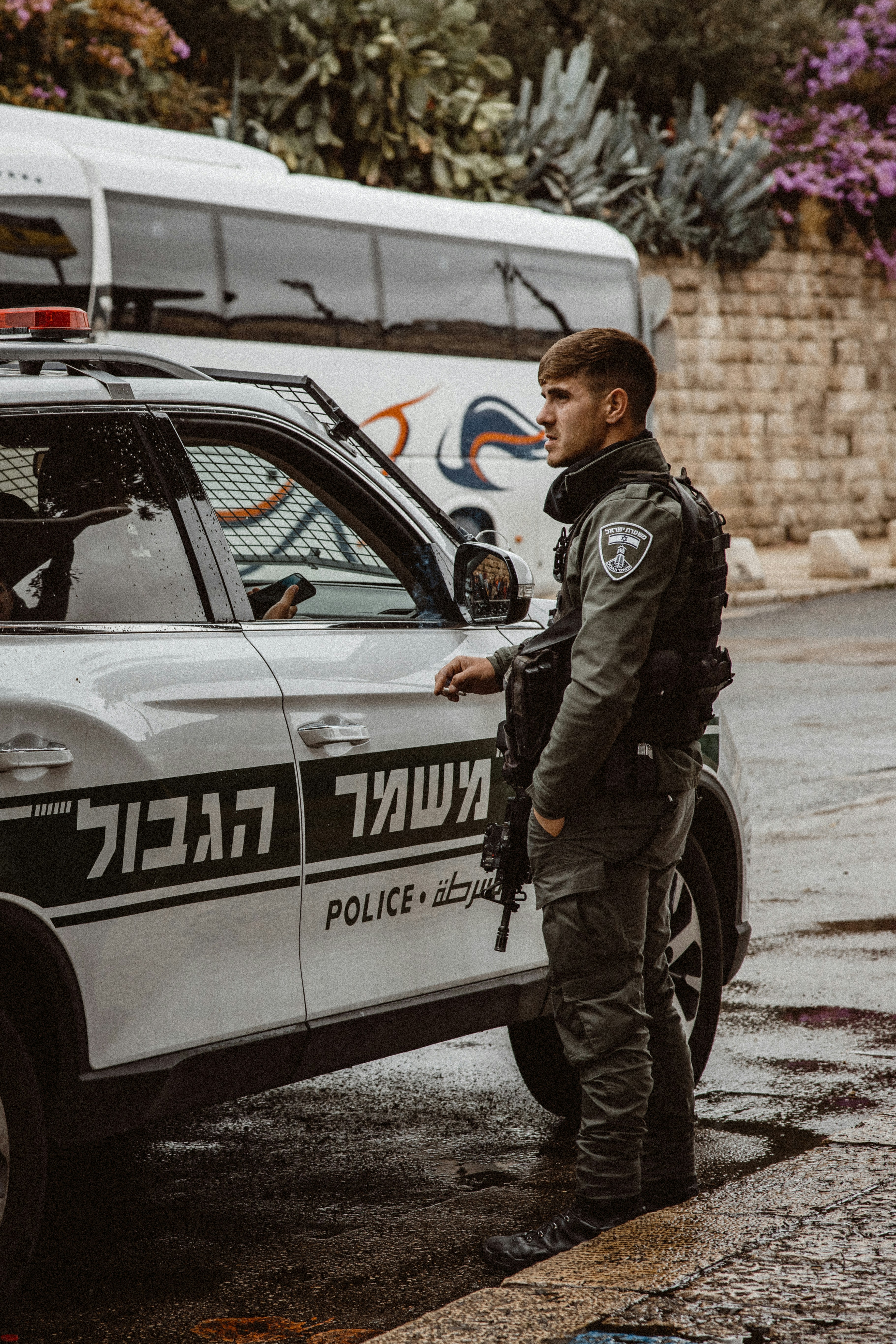
Background on the Bushehr Nuclear Facility
The Bushehr Nuclear Power Plant, located on the southern coast of Iran, stands as a significant landmark within the country’s nuclear program. Situated approximately 17 kilometers southeast of the city of Bushehr, this facility plays a pivotal role not only in Iran’s energy production but also in its broader geopolitical strategy. The plant began construction in the 1970s under a collaboration with Germany, but due to various political upheavals and international sanctions, its completion faced numerous delays. It was not until 2011 that the plant was finally inaugurated and connected to the national grid.
Bushehr holds strategic importance for Iran, signifying the nation’s intent to develop a robust nuclear energy sector as part of its long-term energy goals. The facility has the capacity to generate a significant amount of electricity, aiming to reduce Iran’s reliance on fossil fuels. However, its existence also raises international concerns, particularly regarding the potential for weaponization of nuclear technology. Many countries remain wary of Iran’s nuclear ambitions, fearing that the enrichment capabilities developed at Bushehr could be diverted toward military applications.
Additionally, the geopolitical implications of Bushehr extend beyond domestic energy production. The plant has drawn scrutiny and criticism from various nations, particularly those in the West, and forms a focal point in the discussions surrounding the Joint Comprehensive Plan of Action (JCPOA). Iran’s nuclear activities continue to be a contentious issue, influencing diplomatic relations and regional stability. As tensions fluctuate, statements, such as the recent admission by an Israeli official regarding the targeting of Bushehr, underscore the critical nature of this facility in both national and international dialogues surrounding nuclear capabilities.
Details of the Controversial Statement
The recent admission by an Israeli official acknowledging that it was a mistake to assert that the Bushehr nuclear facility had been struck has generated significant attention in diplomatic and media circles. This statement was made amidst rising tensions in the region, where military posturing and threats between Israel and Iran often dominate the narrative. The Israeli government had previously maintained a hard stance regarding Iran’s nuclear program, frequently expressing concerns about the potential threats posed by the enrichment of uranium and its implications for regional stability.
This admission came during a media briefing where the spokesperson aimed to clarify Israel’s position. The remarks followed an initial, unsubstantiated claim that suggested military actions against the Bushehr site, which is vital to Iran’s nuclear capabilities. The official’s subsequent retraction indicates an effort to mitigate the fallout from the initial claim and reestablish credibility in Israel’s communications regarding its security operations.
The immediate reaction to the statement was mixed. Within Israel, political analysts and opposition leaders criticized the government’s handling of intelligence and communication strategy. Some argued that such errors could undermine Israel’s position internationally and erode trust among its allies. On the other hand, Iranian officials seized the opportunity to condemn Israel’s military threats, framing the comments as indicative of their ongoing arrogance and aggression in the region. International responses also highlighted concerns about the delicacy of the situation, with calls for de-escalation and dialogue rather than provocative military assertions.
This episode serves as a reminder of the nuanced and complex interplay between politics, security, and diplomatic relations in the Middle East. The acknowledgment of error by the Israeli official illustrates the high stakes involved in communications related to military actions, particularly concerning strategic facilities like Bushehr.
Repercussions and Clarifications
The recent admission by an Israeli official acknowledging the erroneous claim that Bushehr was hit has significant ramifications for Israeli-Iranian relations and regional stability. Initially, the statement created ripples across the geopolitical landscape, escalating tensions between the two nations. However, the subsequent clarification that it was a mistake is likely to influence the dynamics of ongoing diplomatic interactions in the Middle East.
In the wake of the initial announcement, Iranian officials responded with indignation, expressing concern over the potential implications of continued aggressive narratives originating from Israel. Iran views such claims as not only irresponsible but also as provocations that could lead to increased military readiness. After the admission of error, Iranian leaders may seize this opportunity to bolster their narrative on regional aggressors, insisting that misinformation on such sensitive issues heightens the risks of conflict.
This situation underscores the fragile nature of communication and trust between Israel and Iran, vital components in the context of regional security. The commentary surrounding the nuclear program in Iran has already been a point of contention, and this incident may catalyze further skepticism towards Israeli assessments of Iranian capabilities. Negotiations around nuclear issues could be complicated, as diplomatic teams may question motives and intentions, moving forward in uncertain political terrain.
Additionally, the fallout could reverberate beyond bilateral issues, affecting broader discussions on nuclear security and non-proliferation in the Middle East. The miscommunication brings into focus the imperative for accurate information and clear dialogue on sensitive topics like nuclear power, which is crucial for maintaining stability among neighboring countries. In light of these complications, it is essential for both parties to exercise caution and strive for more constructive engagement, safeguarding the peace and security of the entire region.
International Reactions and Future Outlook
The recent admission by an Israeli official regarding the erroneous claim that the Bushehr nuclear facility was hit has drawn significant attention and a spectrum of reactions from various countries and international organizations. This incident has not only highlighted the complexities of the geopolitical landscape in the Middle East but also the delicate balance of diplomacy surrounding nuclear non-proliferation. International allies of Israel, particularly the United States and several European nations, have expressed concerns over the implications of such statements. Officials have reiterated the importance of accurate communications in matters relating to nuclear capabilities, underscoring the risk of escalating tensions through misinformation.
Conversely, reactions from Iran and nations allied with it have ranged from dismissive to confrontational. Iranian officials have seized on the Israeli admission as evidence of the unreliability of Israeli intelligence claims regarding Iran’s nuclear program. In their view, the incident reinforces a narrative of aggression that Israel pursues against its neighbors under the pretext of security. Iran’s foreign minister and other diplomats have urged the international community to remain vigilant against what they identify as wrongful allegations that could disrupt efforts aimed at nuclear diplomacy.
Looking ahead, this incident may significantly influence future diplomatic efforts related to nuclear non-proliferation in the region. As countries navigate these diplomatic waters, the potential for future conflict remains palpable. The notion that military actions or threats could spiral into miscommunication necessitates a reevaluation of the means by which nations approach defense and diplomacy. Furthermore, ongoing tensions could spark renewed dialogue between nations, seeking to solidify agreements that aim to mitigate risks associated with nuclear proliferation. As the landscape evolves, stakeholders must weigh their responses carefully to bolster stability and security, thereby promoting a peaceful coexistence.
